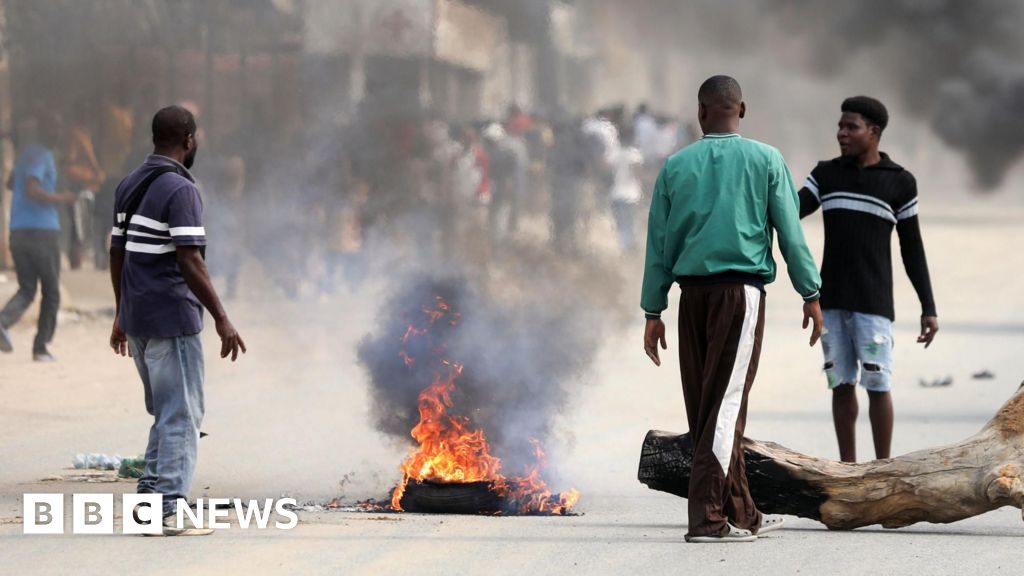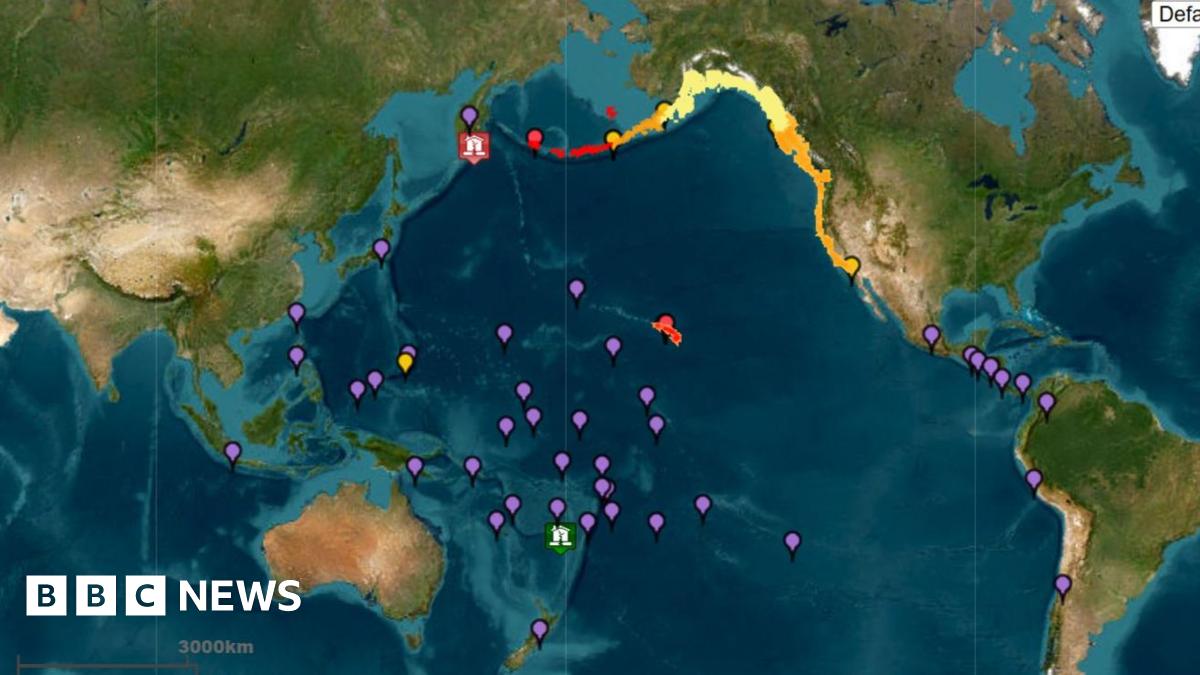Angola Protests Erupt: Over 1,200 Arrested as Deadly Clashes Rock Luanda

Angola Faces Unrest: Deadly Protests and Mass Arrests in Luanda
Luanda, Angola – A wave of protests sparked by rising fuel prices has plunged Angola's capital, Luanda, into turmoil. Authorities report that five people, including a police officer, have tragically lost their lives, and over 1,200 individuals have been arrested in the wake of escalating clashes.
What began as a seemingly localized three-day strike by taxi drivers, protesting against soaring petrol prices, rapidly spiraled into widespread and disruptive demonstrations. The scale of these protests marks one of the most significant displays of public dissent Angola has witnessed in recent years, challenging the government and highlighting growing economic anxieties within the nation.
The Spark: Fuel Price Hikes and Taxi Driver Discontent
The initial catalyst for the unrest was the taxi drivers' strike, a direct response to the recent increase in petrol prices. For many Angolans, particularly those reliant on affordable transportation, the price hike has placed a significant strain on household budgets. The taxi drivers' action quickly gained momentum as other citizens, frustrated by broader economic challenges, joined the demonstrations.
Escalation and Clashes with Police
The peaceful protests initially quickly escalated as demonstrators took to the streets, expressing a range of grievances beyond just fuel prices. Reports indicate that confrontations with police became increasingly frequent and volatile, leading to the tragic loss of life and numerous injuries. Videos circulating online, though difficult to independently verify, depict scenes of unrest and clashes between protesters and security forces.
Government Response and Concerns
The Angolan government has condemned the violence and vowed to maintain order. The mass arrests underscore the government's determination to suppress the protests, but critics argue that such a heavy-handed response could further exacerbate tensions and fuel further unrest. Concerns are also being raised about the proportionality of the police response and the potential for human rights violations.
Looking Ahead: Economic Challenges and Political Stability
The current crisis highlights the underlying economic challenges facing Angola, a nation heavily reliant on oil revenues. Fluctuations in global oil prices significantly impact the Angolan economy, and the rising cost of living is a major concern for many citizens. The protests also raise questions about the country's political stability and the government's ability to address the grievances of its people. The situation remains fluid, and the coming days and weeks will be crucial in determining Angola's path forward.
Stay tuned for updates as this story develops.






